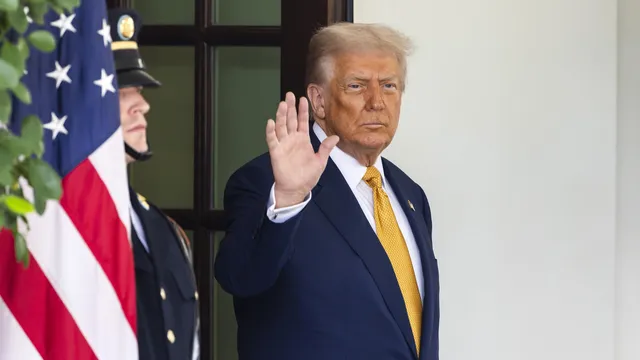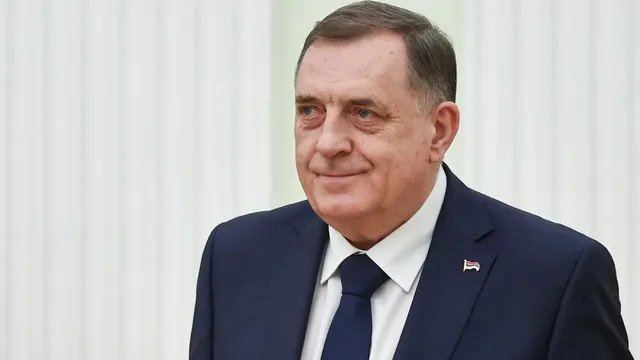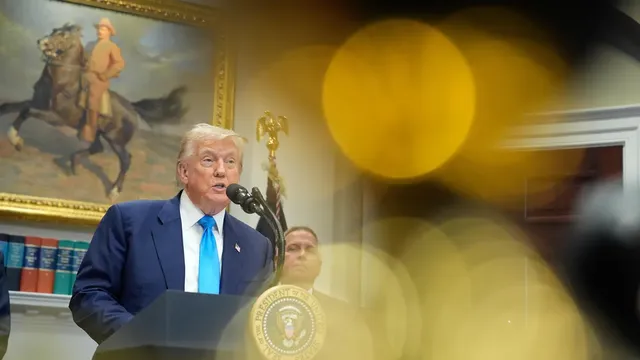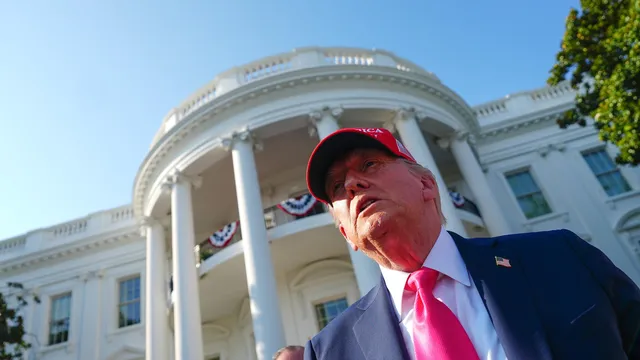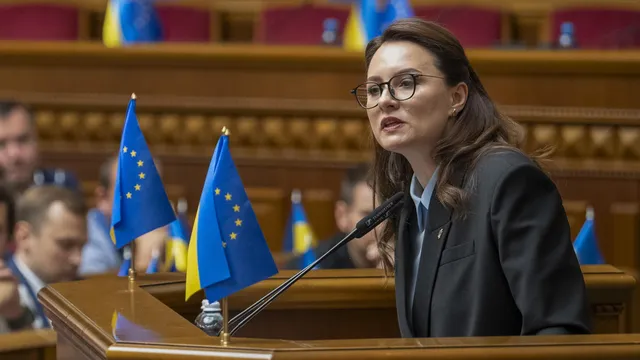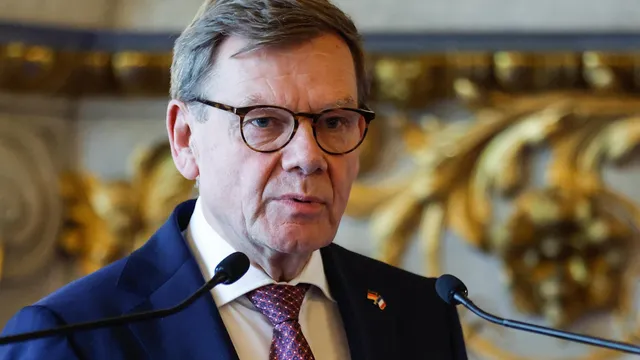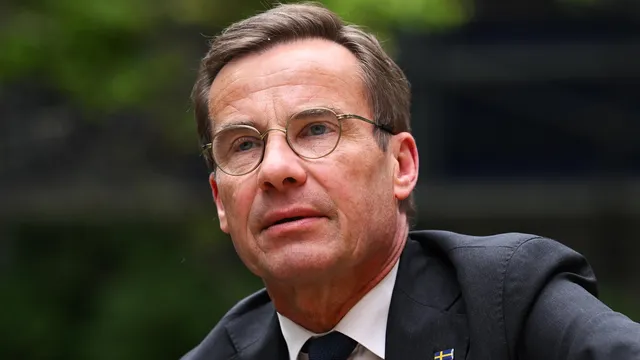U.S. President Donald Trump stated that the large-scale tariffs he imposed on numerous countries worldwide are making the United States “great and wealthy again,” as governments raced to finalize deals with Washington less than 24 hours before the August 1 deadline, AFP reported.
“Tariffs make America GREAT and WEALTHY again,” he wrote on his platform Truth Social. “A year ago, America was a dead country; now it is the hottest country in the world,” Trump added.
A day earlier, he announced new tariffs that either punish or favor some of his biggest trading partners — the latest move in a series of tough measures that have shaken global markets.
South Korea managed at the last moment to negotiate its export tariffs to the U.S. at 15%, significantly lower than the 25% threat Trump had issued earlier. At the same time, the president announced heavy 50% tariffs on Brazilian goods and 25% on Indian products, also warning Canada of possible trade consequences due to its plans to recognize a Palestinian state.
The 15% tariffs for Seoul, a key Washington security ally, align with conditions in the U.S. trade agreements with Japan and the European Union. South Korea committed to investing $350 billion in the U.S. and purchasing gas or other energy sources worth $100 billion, the presidential office in Seoul reported. Tariffs on automobiles — one of the country’s main export products — will also remain at 15%.
Trump imposed high tariffs on Brazil and sanctions against the judge investigating his former far-right ally Jair Bolsonaro, accused of attempting a coup in Latin America’s largest economy. The imposed tariffs will take effect on August 6, with many products, including orange juice, civil aircraft, iron ore, and some energy goods, excluded from the heavy tariffs.
Trump’s threats against Brazil and Judge Alexandre de Moraes were described as a reaction to a “witch hunt” against Bolsonaro, according to President Trump. Brazilian President Luiz Inácio Lula da Silva promised to defend “the sovereignty of the Brazilian people” against these measures.
Among Trump’s new measures is a 25% tariff on Indian goods, slightly lower than the initial threat, after talks between Washington and New Delhi failed to produce a trade agreement. India will also face an “unspecified” sanction due to its purchases of Russian weapons and energy resources.
“I don’t care what India does with Russia. They can sink together with their dead economies,” Trump wrote on his platform. He also noted that the U.S. has done little trade with India, and that tariffs there are among the highest in the world.
Trade relations with Canada also became strained after Canadian Prime Minister Mark Carney announced plans to recognize a Palestinian state at the UN General Assembly in September. “Wow! Canada just announced support for Palestinian statehood,” Trump wrote. “That will make it hard for us to strike a trade deal with them.”
Trump also signed an order imposing 50% tariffs on certain copper products and ending exemptions from tariffs for low-value imported shipments, excluding products such as copper ore, concentrates, and cathodes, which brought relief to the industry.
As the deadline approached, Trade Secretary Howard Lutnick told Fox News that Washington had reached agreements with Cambodia and Thailand, without providing details.
The tariff increases were announced in April as part of a package under which Trump imposed a minimum 10% tariff on goods from nearly all trading partners, accusing them of unfair trade practices. The tariffs were to increase at different levels for dozens of economies including the EU, Japan, and others, but Washington postponed their implementation twice due to financial market instability.
The president insisted the August 1 deadline “will not be extended.” So far, the UK, Vietnam, Japan, Indonesia, the Philippines, the EU, and South Korea have reached preliminary agreements with Washington for more lenient terms.
Although the U.S. and China have imposed increasing tariffs on each other’s goods, both countries are working to maintain a truce with lower tariffs.
Economists warn that despite promises of increased government revenue, higher tariffs could lead to inflation and slower economic growth. | BGNES

 Breaking news
Breaking news
 Europe
Europe
 Bulgaria
Bulgaria
